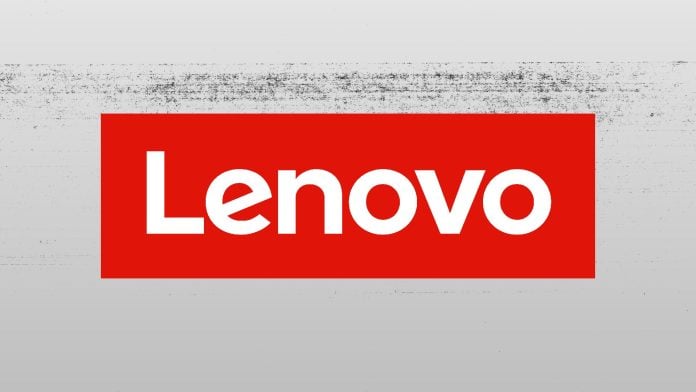At BioTechX Europe in Basel this October, one message resonated strongly among attendees: artificial intelligence (AI) is no longer a budding concept in life sciences; it is now a driving force behind significant advancements in drug discovery and development. With a commitment to fostering faster cures and improved patient outcomes, Lenovo is at the forefront of this transformation, showcasing its collaboration with NVIDIA to transition AI from research labs to real-world applications.
Across three dynamic days at BioTechX, Lenovo engaged with biotech leaders from various sectors. The overarching goal? To accelerate the journey from scientific discovery to effective treatment while enhancing sustainability.
Key innovations were highlighted through practical demonstrations that underscored how AI is set to revolutionize the industry.
Accelerating Protein Structure Inference was a standout presentation, showcasing the remarkable speed of the world’s fastest protein structure prediction models, powered by NVIDIA’s Boltz-2 and OpenFold2 technologies. This capability could significantly enhance research timelines by quickly identifying protein structures, a critical step in drug development.
Furthermore, Lenovo unveiled its newly developed ThinkStation PGX, utilizing NVIDIA’s GB10 Grace Blackwell Superchip. This system delivers breakthrough AI performance in a compact form factor, allowing researchers to process intensive workloads efficiently, whether at the lab’s edge or in centralized data centers. The promise of speed and efficiency in research operations can lead to shorter project timelines and faster bring-to-market processes for new therapies.
An equally compelling highlight was the introduction of Neptune™ liquid cooling technology. This sixth-generation cooling system not only brings technical proficiency but also emphasizes sustainability; it can reduce power consumption by up to 40%, addressing one of the industry’s pressing concerns about energy costs and environmental impact.
Another practical application of AI discussed at the event was Bikal Technologies’ Vue XG platform, which leverages Lenovo’s accelerated computing power to analyze retinal images for early detection of eye diseases such as diabetic retinopathy and glaucoma. This shift emphasizes how AI is migrating from abstract research concepts into real-world diagnostic tools that can improve patient outcomes significantly.
While these innovations are promising, small business owners in the biotech field must be aware of the potential challenges associated with adopting AI. Fragmented adoption remains an issue, with data quality and interoperability often cited as major barriers to progress. As organizations seek to harness the full potential of AI, they may encounter difficulties stemming from poorly integrated data silos and varying standards of privacy and security.
Furthermore, the latest AI-nomics research indicates that despite a significant expected increase in AI spending—projected to rise by 169% in the life sciences and biotech sector by 2025—many organizations have reported AI implementations that fell short of expectations. The leading concern here is data quality; for critical tasks like drug discovery and clinical trials, achieving high-quality data integration and governance is essential for the successful rollout of AI initiatives.
Life sciences CIOs emphasize the importance of trusted partnerships that ensure data security and robust infrastructure alongside computational power. For small business leaders, aligning with capable providers who can facilitate this integration is crucial. Lenovo is committed to supporting organizations in moving past preliminary pilot projects to full-fledged, scalable AI applications in drug development and delivery.
The dialogue at BioTechX was not just about advancing technology but also about sustainable practices in innovation. As energy prices fluctuate and companies face scrutiny regarding their environmental footprints, Lenovo’s end-to-end high-performance computing (HPC) solutions represent a strategic approach to sustainable innovation. Reducing energy consumption while delivering high performance is a priority, suggesting that businesses can innovate responsibly without compromising their environmental values.
Post-event, there is palpable optimism within the biotech community. The momentum at BioTechX underscored a collective readiness to shift from pilot projects to actionable AI strategies. Lenovo, alongside NVIDIA and other partners, is eager to play a pivotal role in pushing the boundaries of what AI can achieve in research, drug discovery, and patient care.
With the enthusiasm witnessed at BioTechX Europe, the next wave of breakthroughs in biotech appears to be on the horizon, making it an exciting time for small businesses to engage with scalable, sustainable AI solutions.
For further details on these developments, visit the original press release at Lenovo News.
Image Via BizSugar



